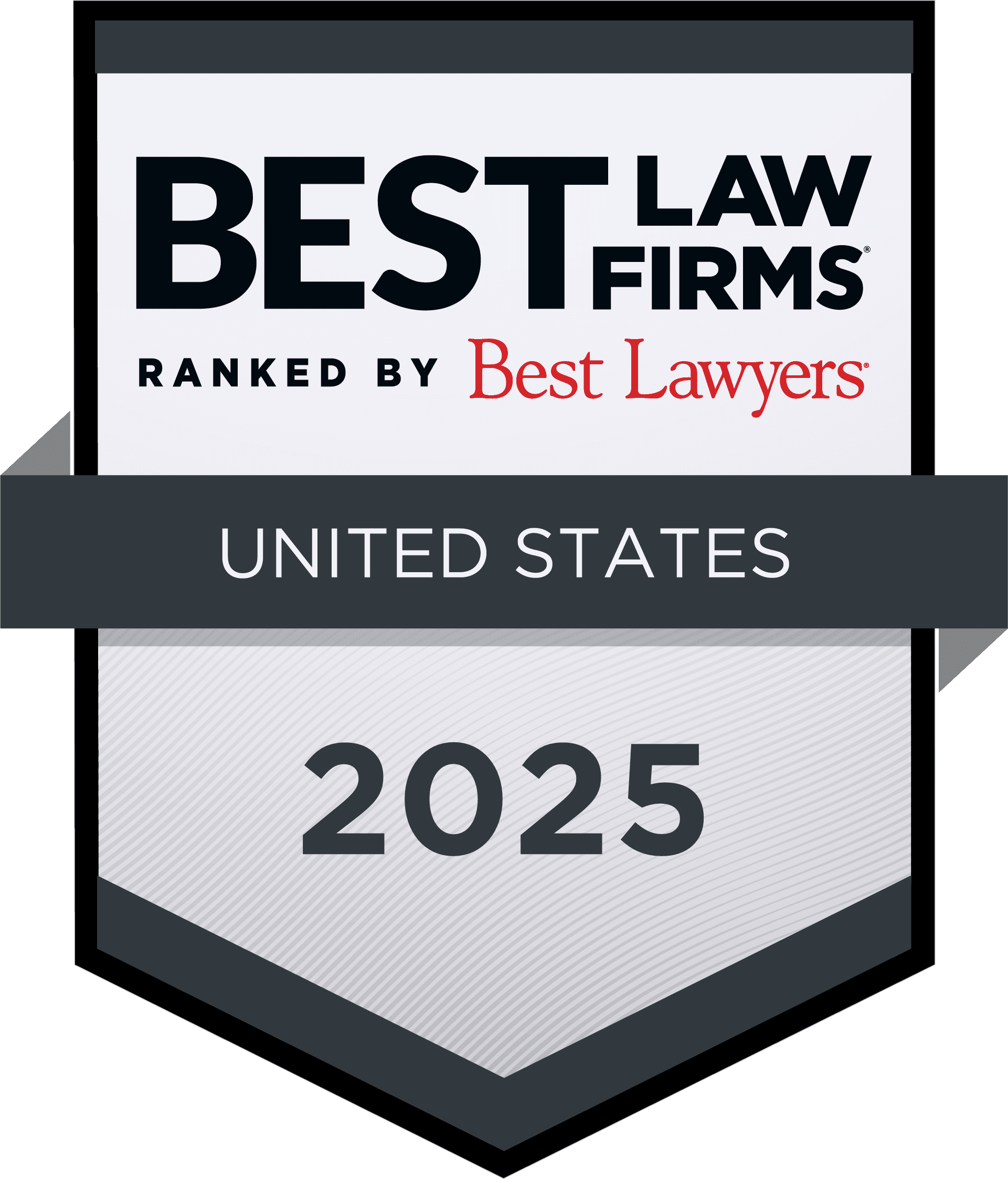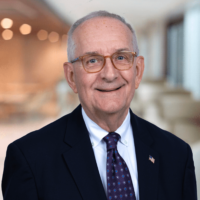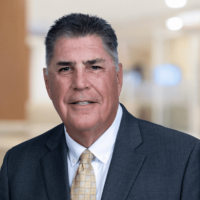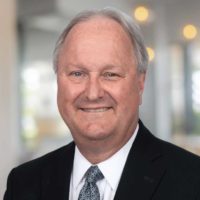Product Liability
Secrest Wardle has been at the forefront of product liability litigation since it became a recognized cause of action in Michigan in the 1960s. We were among the first attorneys in the United States to argue successfully the “Government Contractor Defense” to defeat product liability claims filed against a major United States product manufacturer. Crossan v ITT, 693 F Supp 528. Our Product Liability Practice Group was responsible for establishing the law in Michigan regarding the scope of a manufacturer’s duty in a design defect product liability case. Fisher v Kawasaki Heavy Industries, 354 F Supp 467. The Firm was also successful in establishing the criteria used to determine “fraudulent joinder” in defeating diversity jurisdiction in federal court. Ludwig v Lear Jet, 830 F Supp 995.
As the legal landscape surrounding product liability litigation continues to evolve, our Firm has embraced the changes, and remains at the forefront in this area of the law. The attorneys in our Product Liability Practice Group stay abreast of new technologies and their effect on litigation, as well as the evolving regulations and industry standards set forth by governmental agencies.
Robotics, wearable devices, artificial intelligence, and many other technologies are now common in many aspects of the workplace, in the manufacturing process, and in products in the marketplace. Smart devices used in products in the medical, pharmaceutical, manufacturing, automotive, and a variety of other industries all affect the types of product liability claims brought against our clients. Secrest Wardle attorneys are prepared to expertly defend product liability claims involving catastrophic personal injuries, complex tort actions, as well as class action litigation.
We vigorously defend unwarranted claims by providing our clients with aggressive, cost-effective, and innovative representation. When the facts dictate, however, we are experienced in alternative dispute resolution, facilitation, mediation and arbitration. Our attorneys have years of experience managing multi-district and mass tort litigation. We can adopt our defenses to a single lawsuit or to an entire product line if necessary. Secrest Wardle attorneys are well-versed in the utilization of state-of-the-art discovery methods and technologies.
Our attorneys have successfully defended claims involving design defects, manufacturing defects, failure to warn, improper warnings and labeling, violation of industry codes and standards, and recalls of products.
We have represented national and international manufacturers, distributors and retailers in numerous industries involving a wide array of consumer and industrial products, including:
3D printing (additive manufacturing)
Aerosols
Agricultural equipment
Alarms for cars and homes
Animal feed
Apparel’s Arborol equipment
Artificial intelligence
Automobile and automotive products
Aviation products
Batteries
Bicycles
Boats and watercraft
Boilers
Chemical products
Construction equipment
Construction materials
Consumer goods
Dietary supplements
Farm equipment
Firearms
Food products
Food preparation equipment
Furnaces
HVAC equipment
Household products
Industrial equipment
Insecticides, pesticides and herbicides
Lumber products
Medical devices
Motorcycles
Off-road vehicles
Paints and solvents
Pharmaceutical in over-the-counter products
Robotics
Snowmobiles
Tires and split wheel rims
Toys
Virtual and augmented reality
Wearable devices
Our Product Liability Practice Group has presented numerous product liability seminars and training programs for the engineering and management staff of major manufacturers. Seminars have included “Developing an Effective Liability Plan for Your Company,” presented in Taipei, Taiwan, to various Asian product manufacturers, and “Product Liability Litigation Training Basic Concepts and Guidelines,” presented to a major aircraft component manufacturer. We are also available to advise our clients regarding labeling, warnings, and advertising and warranty programs.
Secrest Wardle's successful representation in product liability cases includes:
DEFENSE VERDICT IN CRASH-WORTHY CASE
In Pourcho v BMW, the Firm defended BMW on a $1 million closed head injury claim in federal court in which Plaintiff and her experts alleged defective design of the airbags and seat belts of the Plaintiff’s vehicle. After a three week trial, the jury returned a unanimous verdict for no cause of action in favor of BMW.
SELLER SEEKS INDEMNITY BUT GETS NO CAUSE
The Firm represented Sherman Nurseries, a product seller, in a case in which the Plaintiff cut off all of the fingers of his left hand while operating an allegedly defective trimmer that lacked proper guarding and warnings. Sherman’s motion seeking to compel the manufacturer to take over the defense and indemnify Sherman was denied. Nonetheless, the judge corrected that error in her jury instructions that requested the manufacturer to pay any judgment rendered against Sherman. Ultimately, that was unnecessary because we obtained a defense verdict after two weeks in trial in federal court.
MOTION STRIKES PRODUCT CLAIM
In SeverStal v NARCO, Plaintiff filed a $4,500,000 claim for property damage and lost profits. Plaintiff claimed defective design, breach of contract, failure to warn, and breach of express and implied warranties. The case arose from the failure of a component part contained within a steel ladle. A portion of the component was designed by our client. The failure caused the spill of approximately 260 tons of molten steel resulting in the loss of the ladle, a ladle stand, a ladle carrier, and the steel itself, as well as lost profits because the entire plant was shut down for the period of time necessary to clean up the damage caused by the spill. Motion for Summary Judgment was granted in part, striking all but the breach of contract and breach of express warranties claims. Those claims were settled shortly before trial for $200,000.
OPERATOR ERROR NOT A DESIGN DEFECT
In Fogler v Broderson Manufacturing, Secrest Wardle defended a wrongful death case in which a crane was not equipped with an anti-load moment device designed to prevent the crane from tipping over when it lifted too heavy a load. At trial in Oakland County Circuit Court, the Firm established that operator error rather than a design defect was the cause of Plaintiff’s unfortunate death. The verdict was no cause for action.
Group Chair
Group Members
Practice Groups

Quality legal representation is the result of knowledge, economy & hard work

























